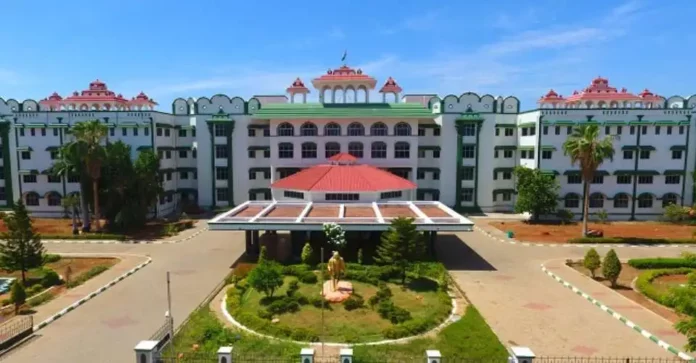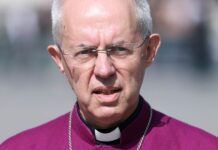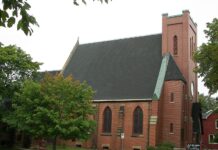The top court in India’s southern state of Tamil Nadu has ordered a federal probe into allegations of illegally selling British-era Church properties worth millions in a Protestant diocese.
The Madurai bench of the Madras High Court on Nov. 22 asked the Central Bureau of Investigation (CBI), the country’s top investigating agency, to probe the allegations linked to properties of the Madurai-Ramnad diocese of the Church of South India.
The court order was issued in response to a public interest petition filed by D. Devasahayam, a diocese member.
The petitioner alleged that the Church of South India Trust Association (CSITA) and diocesan officials sold 31.10 acres of land worth over 220 million rupees (US$2.6 million) for a mere 12 million rupees.
During the sale, the accused persons accepted 9 million in cash, in gross violation of the country’s existing banking norms.“
There were fraudulent transactions of astronomical level,” including “illegal transfer of money,” the court’s order noted.
In 1912, the ruling British colonial government gave the land to the American Board of Commissioners for Foreign Missions, later known as the United Church Board for World Ministries, to set up an industrial home for needy women, carry out farming, and use the income for the welfare of the inmates.
The mission body continued to administer it till 1973 and later handed it over to the CSITA without changing its original purpose.
The petitioner said he approached the court because the police failed to address the corruption.According to the court, directors of the CSITA conspired with the administrators of the Madurai-Ramnad diocese “with the dishonest intention of selling the assigned properties.”
Church properties are swindled against the tenets of the Bible,” the court said.
The order came less than a month after another bench of the Madurai High Court suggested bringing Church properties under state control.The court has served notices on the federal and Tamil Nadu governments, seeking their opinions on entrusting the administration of Church properties with statutory bodies.
In April, the court set up a two-member panel to oversee the administration of the crisis-ridden CSI following administrative disputes.However, the Supreme Court, the country’s top court, has restrained the panel from exercising its powers.
A Church official from the CSI refused to comment, saying the matter was subjudice.
A Catholic Church official, however, termed it “a worrying trend” that courts are asking to enact laws to govern Church properties.“Most Catholic Church properties are legally purchased,” the Church official who did not want to be named told UCA News on Nov. 25.Christians constitute a mere 2.3 percent of India’s 1. 4 billion population.










